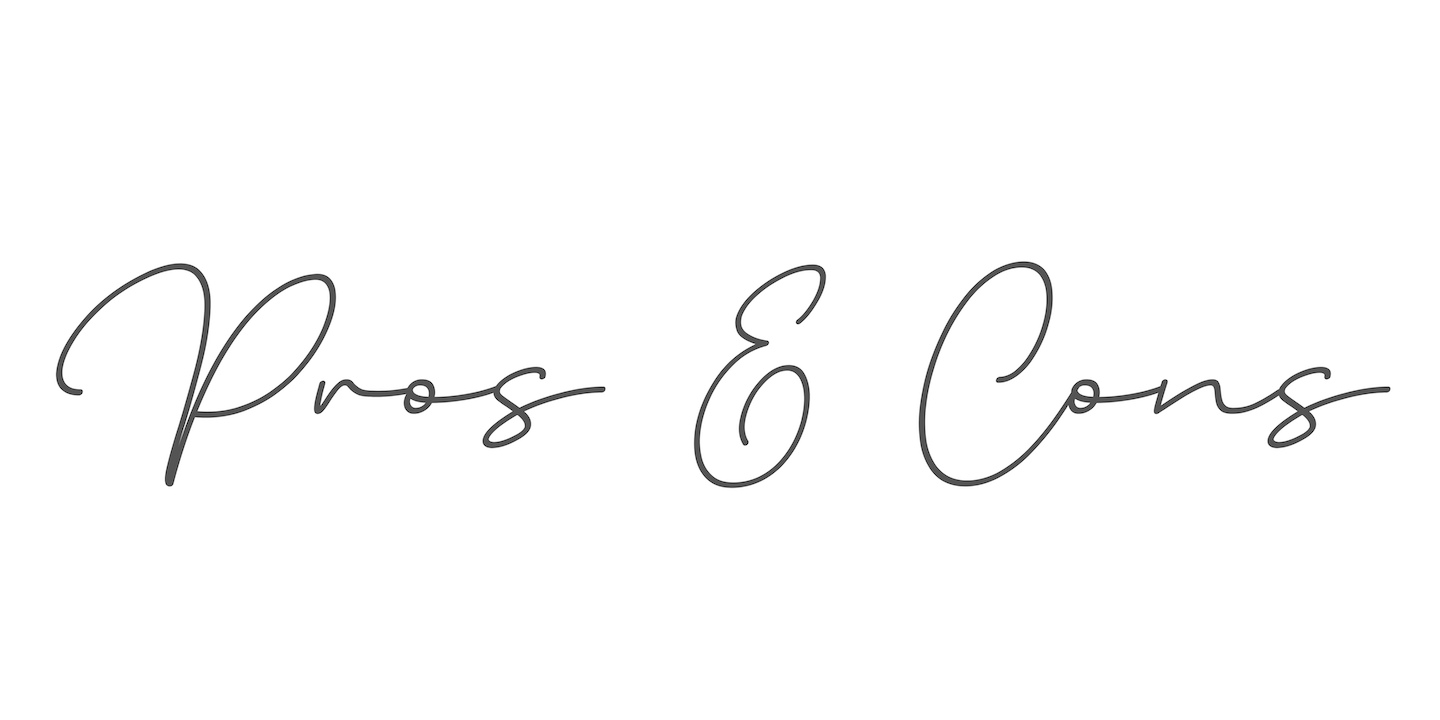In a world where trends change as quickly as the seasons, it’s easy to get swept up in the allure of fast fashion. The promise of cheap, trendy clothing is tempting, but it comes at a significant cost—both to the planet and to the people who make our clothes. That’s where slow fashion comes in. It’s not just a buzzword; it’s a movement that’s changing the way we think about our wardrobes and the impact of our purchases.
What is Slow Fashion?
Slow fashion is the antithesis of fast fashion. It prioritizes quality over quantity, timeless design over fleeting trends, and ethical production over exploitation. By embracing slow fashion, brands focus on creating clothing that lasts, using quality and sustainable materials and ensuring fair wages and safe working conditions for garment workers. For consumers, it’s about choosing fewer, better pieces and supporting companies that align with your values.
Why Ethical Fashion is the Future
-
Environmental Sustainability
The fashion industry is one of the largest polluters in the world, contributing to water pollution, textile waste, and greenhouse gas emissions. Slow fashion offers an alternative by using eco-friendly fabrics, reducing waste, and supporting practices like upcycling and recycling. As consumers demand greener options, the industry is beginning to shift toward more sustainable methods. -
Fair Treatment for Workers
Fast fashion often relies on underpaid labor in unsafe conditions. Ethical fashion ensures fair wages, safe environments, and respect for workers’ rights. Every time you choose a slow fashion brand, you’re supporting a system that values human dignity over profits. -
Timeless Style Over Throwaway Trends
Fast fashion’s appeal lies in its ability to churn out trendy items at lightning speed. But these pieces often fall apart after just a few wears. Slow fashion prioritizes timeless designs and high-quality craftsmanship, meaning your favorite pieces can stay with you for years instead of seasons. -
Consumer Awareness and Accountability
People are becoming more mindful of their purchasing decisions. As we learn more about the hidden costs of fast fashion, from environmental destruction to human rights abuses, consumers are demanding change. Supporting ethical brands is a way to vote with your wallet for a better future.
How You Can Join the Movement
- Invest in Quality Over Quantity: Buy fewer, higher-quality items that will last longer.
- Support Local and Ethical Brands: Look for Canadian slow fashion companies or other brands committed to fair labor.
- Educate Yourself: Learn about the production practices behind the clothes you buy.
- Extend the Life of Your Clothes: Repair, recycle, or donate your garments instead of discarding them.
Slow Fashion, Big Impact
By choosing slow fashion, you’re not just buying clothes—you’re making a statement. You’re supporting a system that respects people, protects the planet, and prioritizes lasting quality. While the transition may seem small at first, every step counts. When more of us make the shift, the collective impact can be monumental.
Ethical fashion isn’t just a trend; it’s the future. And by embracing it today, you’re helping to create a better tomorrow—for fashion, for people, and for the planet.

